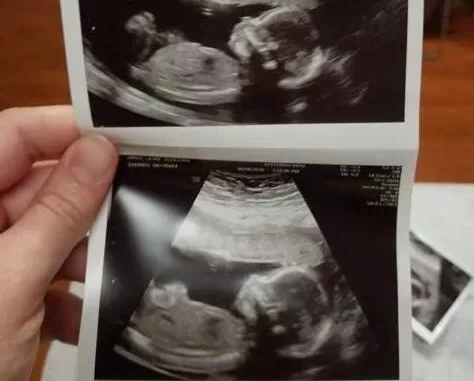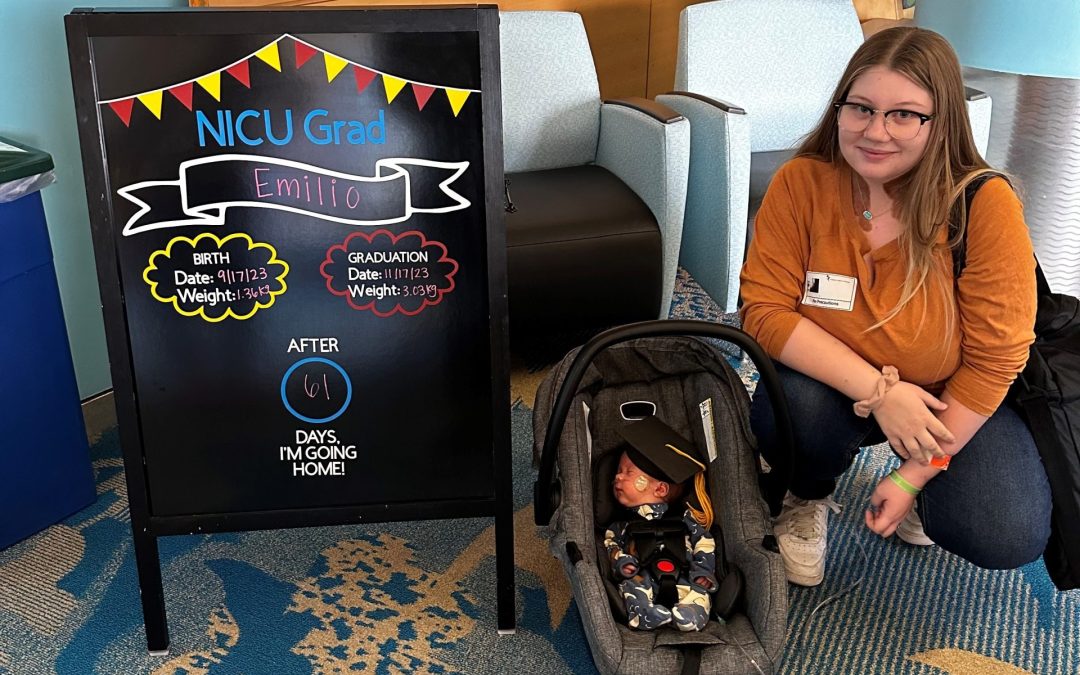
by Fetal Health Foundation | Jul 18, 2024 | Blogs, Condition, front-page, Gastroschisis, News, Story
~ 5 Min Read ~ “I’m always amazed when I see these babies at birth, and we put the bowel in a silo how we’re able to get that bowel back into the tummy in such a short period of time,” said Paul Wales, MD, surgical director for the Intestinal Rehabilitation Center at Cincinnati Children’s Hospital.

by Fetal Health Foundation | Jul 17, 2024 | Agenesis of the Corpus Callosum, Condition, front-page, News, Story
~ 3 min read ~
Dear Lonnie,
I wanted to thank you for being with me… those were very difficult moments. My heart is as big as a house. I wish you much success & health in the new year. I am sending a picture of my perfect son.

by Fetal Health Foundation | May 24, 2024 | front-page, News, Twin-to-Twin Transfusion Syndrome
TTTS can affect Triplet pregnancies. Read about the Craven family and what their experience was like with a triplet ttts diagnosis.

by Fetal Health Foundation | May 17, 2024 | Blogs, Condition, front-page, News, Sacrococcygeal Teratoma, Story
~ 6 minute read ~ This sacrococcygeal teratoma article appeared in the spring 2024 edition of Connexions, a magazine for the Fetal Health Community Rural Colorado couple Lyndsy and her husband, Aaron, found out they were expecting their third child, Ella, in November...

by Fetal Health Foundation | May 16, 2024 | Condition, front-page, Myelomeningocele/Spina Bifida, News, Spina Bifida, Story
When Katarina’s unborn baby was diagnosed with myelomeningocele (MMC), “It was kind of a shock, but my doctor said the best bet was fetal surgery. He referred me to Colorado right away, and he said we needed to do it as soon as possible,” she says. “That just kind of threw me for a whirlwind, and I have other kids to take care of too. It was a lot to process.”

by Fetal Health Foundation | Mar 15, 2024 | Blogs, cystic fibrosis, front-page, News, Story
Foundation supporters at Stanford Medicine Children’s Health gave us permission to share this story of hope for prenatal help for cystic fibrosis.






